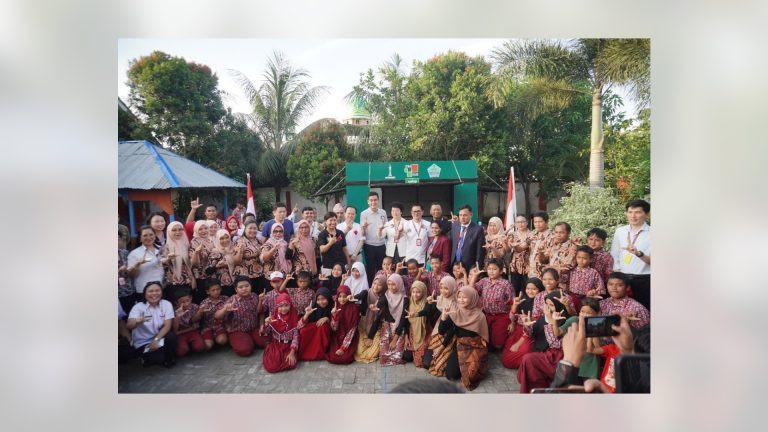October 5, 2023 | UCLG ASPAC Municipal Network Advocacy on Sanitation in South Asia (MuNASS) Programme organised a sharing meeting to support a study in Bangladesh on SDG 6.2 Data Management. Organised under collaboration with the Municipal Association of Bangladesh (MAB) and the Department of Public Health and Engineering (DPHE) of Bangladesh, the major objective was to find the data gap and to find areas of improvement to recommend sanitation data management more significantly for the policy level. This would address the implementation of the National Action Plan (NAP) for Fecal Sludge Management (FSM) and the Institutional Regulatory Framework (IRF) as well.
This report presents the findings of a study on current practices and challenges related to sanitation data management in municipalities of Bangladesh, with a focus on achieving Sustainable Development Goal 6.2. The objective of the study was to understand the existing data gathering and reporting system and identify gaps that hinder the effective implementation of NAP for Faecal Sludge Management (FSM) and the Institutional and Regulatory Framework (IRF) for municipalities.
The study involved a comprehensive review of relevant documents, including the Local Government (Paurashava) Act, and Institutional and Regulatory Framework for Faecal Sludge Management (IRF-FSM), NAP for Implementing IRF-FSM, and the National Water Supply and Sanitation Strategy. Additionally, key informant interviews were conducted with municipal officials responsible for sanitation and waste management, and site visits were conducted to observe data collection processes.
The analysis revealed several key findings. Firstly, the current data gathering and reporting system in municipalities heavily relies on manual processes, lacking a standardised and automated approach. This leads to challenges in data accuracy, timeliness, and accessibility. Secondly, there is a lack of integration between municipal data management and the national dashboard for sanitation, hindering effective monitoring and reporting. Thirdly, there is a need for capacity-building initiatives to enhance data collection, analysis, and reporting skills among municipal personnel.
To address these gaps and challenges, the report provides a set of policy and practice recommendations. It emphasises the importance of establishing a standardised data collection and reporting system, leveraging digital platforms for efficient data management, and strengthening the capacity of municipal personnel. Furthermore, it recommends closer collaboration between municipalities and the national dashboard to ensure the timely submission of data and enhance coordination.
Implementing the recommended strategies will contribute to improved data management practices in municipalities, enabling evidence-based decision-making, effective monitoring of sanitation indicators, and the achievement of SDG 6.2 targets. By addressing the identified gaps and challenges, Bangladesh can move closer to its goal of ensuring access to adequate and equitable sanitation for all.
The findings and recommendations of this report provide valuable insights for policymakers, municipal authorities, development partners, and other stakeholders involved in sanitation and waste management. It is hoped that the report will serve as a guide for strengthening data management systems and fostering sustainable sanitation practices in Bangladesh.
Below are Key Policy recommendations:
- Instead of traditional Joint Monitoring Programme (JMP) Data flow or management, we could use the Shit Flow Diagram (SFD) in horisontal scale to monitor the sanitation situation all through the municipalities.
- We recommend an integrated data information management system for all municipalities connecting to SanBD, a site managed by a research cell under DPHE for National Sanitation Data Management system and visibility. (Coordination between local data and national data)
- All municipalities’ relevant officials could be oriented on SFD, its execution, and usage.
- We strongly recommend that DPHE of Bangladesh should develop a web-based portal for the municipalities, and cities with access to updated data for local information flow on sanitation data management.
- The National Institute of Local Government (NILG) of Bangladesh would be connected in regard to training/orientation for municipal officials to incorporate, include, and disseminate the updated sanitation data management system through institutional capacity-building methods.
*****











